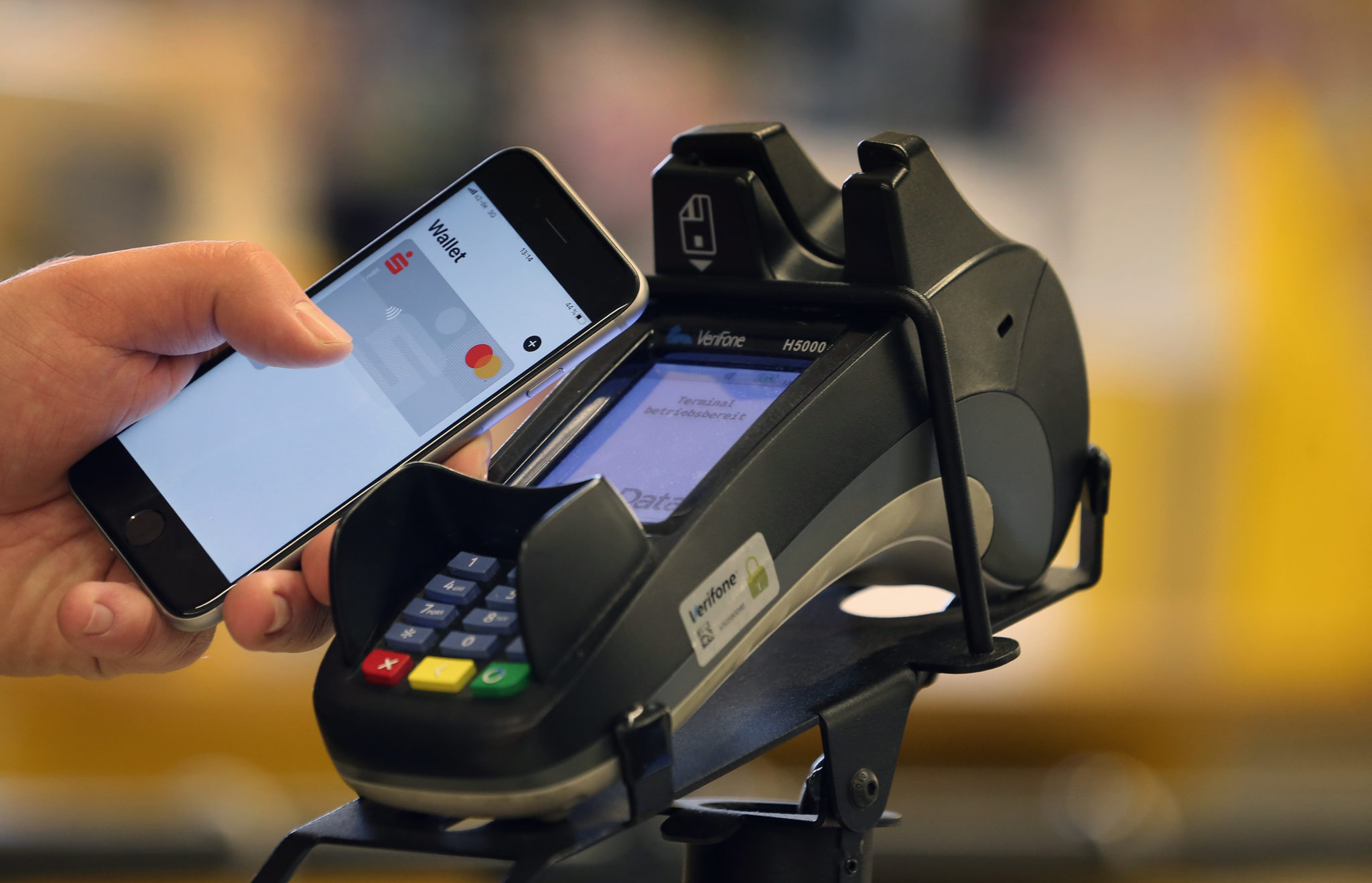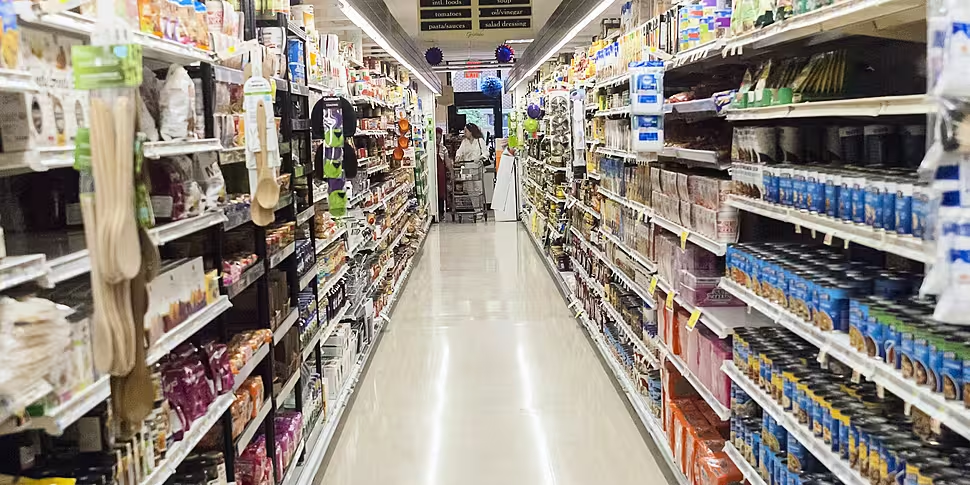There’s no longer any excuse for the surging supermarket prices, according to consumer expert Conor Pope.
The Labour Party has called on the Competition and Consumer Protection Commission to investigate claims of ‘price gouging’ at Irish supermarket chains as production costs continue to fall.
Irish Times Consumer Affairs Correspondent Conor Pope told Newstalk Breakfast we don’t have “definitive proof” of price gouging in supermarkets –
but there are many questions surrounding large chains.
“An awful lot of the excuses and an awful lot of the reasons they gave 12 months ago for pushing prices higher and higher and higher are now gone,” he said.
“The question that we have to ask is not whether or not they're making excess profits – the question is why the prices aren't coming down today to reflect the changing circumstances in 2023 compared to 2022.”
Energy costs
Mr Pope said supermarkets have failed to follow other services in dropping their prices as the cost-of-living crisis recedes.
“The average price of a litre of petrol is €1.59. It's €1.51 for an average of three litre of diesel,” he said.
“Compare that to the height of the crisis, when everyone was talking about a litre of fuel climbing above €2.”
He said supermarkets can no longer blame increased prices on increased transport costs – and energy cost are also no justification.
He said: “I'm not privy to how much they pay for the energy - but I do know that the cost of energy in the wholesale markets is today around half what it was at the height of the crisis.”
 A smartphone is held at a payment terminal at the checkout of a supermarket in January 2020. Picture by: Karl-Josef Hildenbrand/DPA/PA Images
A smartphone is held at a payment terminal at the checkout of a supermarket in January 2020. Picture by: Karl-Josef Hildenbrand/DPA/PA ImagesMr Pope said supermarket chains are not “at the mercy” of energy suppliers and likely get deals.
“I would imagine that a big retailer like Tesco [or] Dunnes have pretty robust deals in place with their energy suppliers,” he said.
“So, the question then is when are we going to see the benefits of the falling input costs?”
“Somebody will move”
Mr Pope said one supermarket chain will likely move its prices down and other chains will follow.
“If you take a price for a tin of beans, let's say one retailer is charging €1.20 and all the retailers then start charging €1.20. If a retailer starts charging €1.10, all of them will start charging €1.10.”
“That's not a cartel - that's just how retailing works. They all follow each other very closely.”









